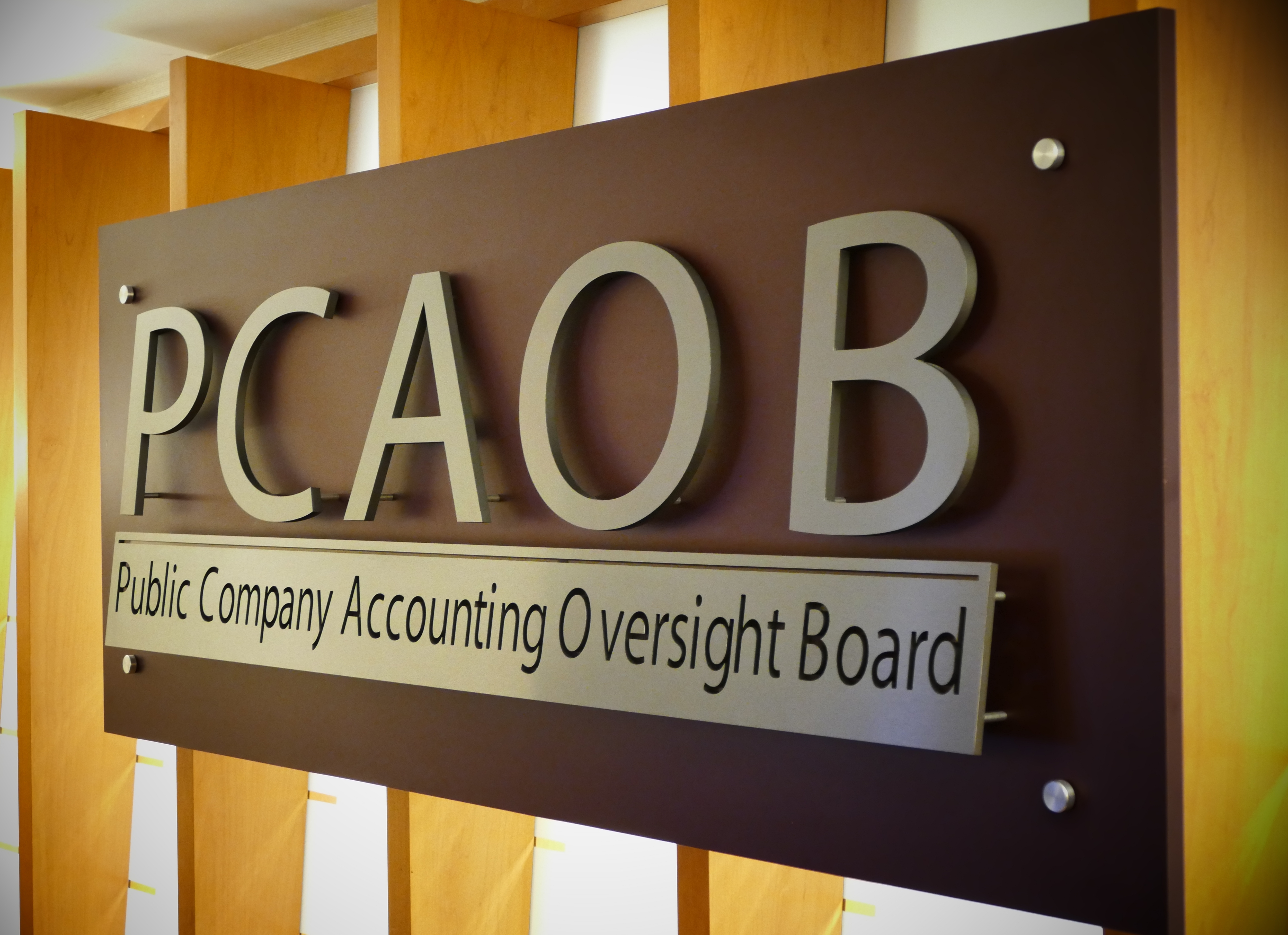The Public Company Accounting Oversight Board released a preview Thursday from its staff about its findings from inspections of audit firms last year ahead of the issuance of its 2019 inspection reports.
The document offers an update on how the PCAOB has been overhauling its inspection process since a change in its slate of board members under chairman William Duhnke and many of its other officials in recent years. Some of those changes include incorporating unpredictability into more areas of the inspection process, deploying a team to target specific areas of focus or emerging risk across firms, expanding PCAOB inspection procedures to compare the various approaches taken by firms to monitor their systems of quality control, and refining the PCAOB inspection process to focus more on a firm’s system of quality control. The PCAOB has also created a new format for its inspection reports and has been improving its level of engagement with the chairs of audit committee at some companies.
The document also offers some tips on what the PCAOB considers best practices for audit firms. Those include interactive meetings and coaching workshops, narrative descriptions of quality control, increased partner involvement when planning tests of controls, earlier involvement of the engagement quality reviewer, and the use of specialistsd during audit planning to help with risk assessment. Other good practice include performing engagement quality reviews of audits conducted by other auditors within a firm, assigning a partner experienced in International Financial Reporting Standards as an additional reviewer on work referred to a U.S. firm, and automating the collection of global hours to compile the information required for Form AP filings with the PCAOB, and using site visits to get more information from clients. The PCAOB found that some firms hold planning meetings with the other auditors and review audit work papers remotely or during site visits. Some firms also meet with local management during their site visits.
The document also describes some of the activities of the PCAOB’s “target team,” which focuses on current audit risks and emerging topics. Other sections of the document talk about some of the recurring deficiencies seen by the PCAOB inspectors in areas such as revenue recognition, auditor independence, accounting estimates, and internal controls over financial reporting.
The document also discusses the use of auditing technology such as distributed ledgers, or blockchain, along with cybersecurity risks and digital assets. Another topic is audit committee communications. In 2019, the PCAOB reached out to the audit committee chairs of nearly all the U.S. issuers whose audits were selected for review to give them an opportunity to talk with the PCAOB teams during the inspections process. During these discussions, the PCAOB heard from audit committees that they have frequent and thorough communication with their auditor, but the PCAOB nevertheless found through its compliance testing during the inspections of some major audit firms that not all the significant risks identified during audit planning — including changes to those risks— were communicated to the audit committee
The PCAOB said that auditors may find the information in the document useful as they plan and perform their audits, and audit committees may also find it useful as they engage with their auditors.